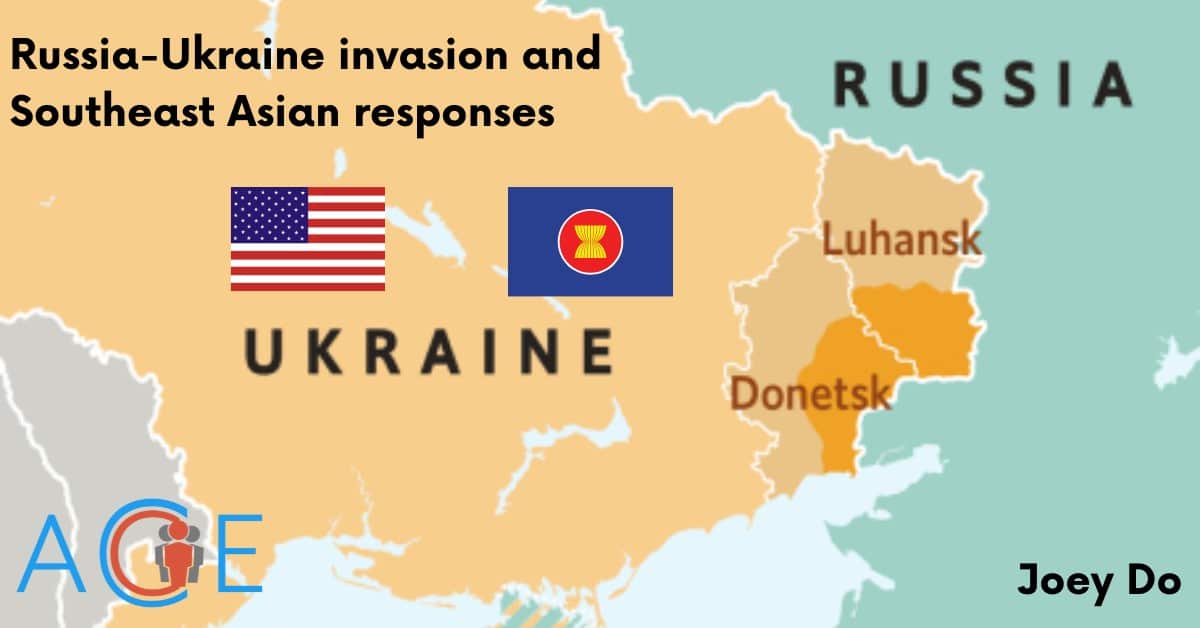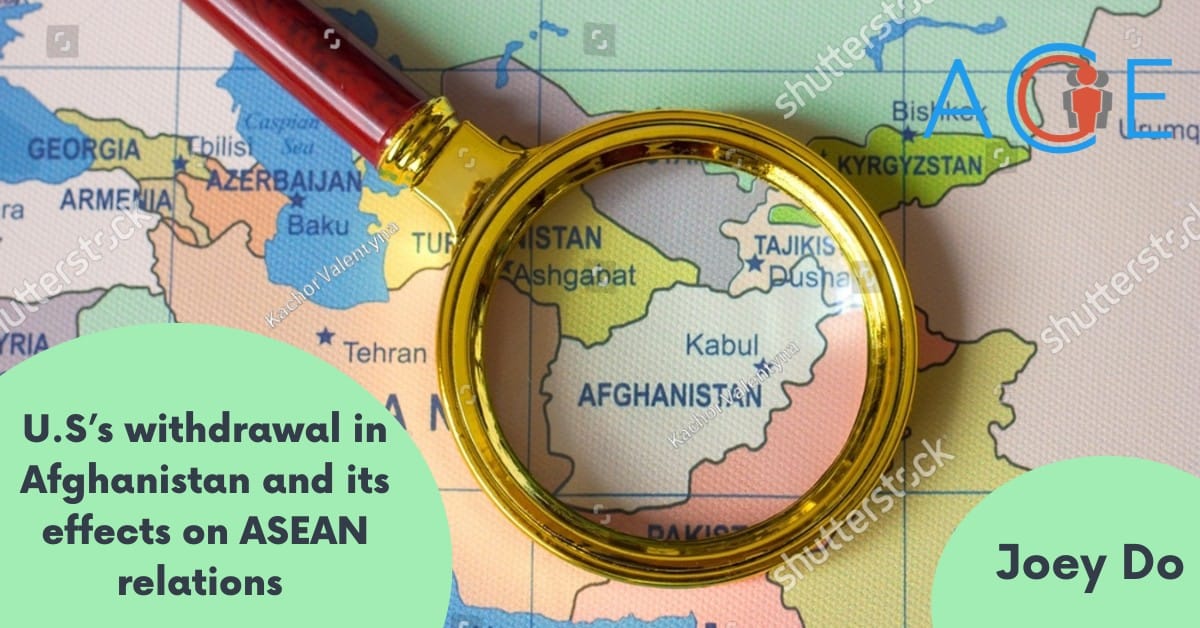Russia-Ukraine invasion explained
The Russia-Ukraine conflict began in early 2014, and tensions have slowly escalated ever since. Last year, the Russian government started sending troops and placing resources in proximity to Ukraine’s border. In December 2021, Russia issued a set of demands calling on NATO to cease expansion to Eastern and Central Europe and reject Ukraine’s application to join the treaty organization. NATO did not accept these demands and implemented sanctions on Russia in response. The United States and other NATO member states also supplied Ukraine with weapons. On February 24, 2022, Russia launched a full-scale invasion of Ukraine. The conflict has displaced eight millions of people internally and caused thousands of deaths.
In response, President Biden declared Putin’s actions “unprovoked and unjustified.” The United States and NATO nations implemented further sanctions, and the U.S and other G7 countries committed to continue military support. In an United Nations emergency session, 141 out of 193 states voted to condemn Russia’s unprovoked attack on Ukraine and called for immediate ceasefire. Caught between Russia, China, and the United States, many Southeast Asian nations remained in the minority that stayed neutral and/or supported Russia.
ASEAN’s relationship with China and the United States
Southeast Asian countries have historically had to balance interests with China and the United States. The ASEAN block is the fifth biggest economic region in the world. Since 2010, trade between China and ASEAN has doubled from $235.5 billion to more than $507.9 billion. Under the Belt and Road Initiative, China has projected influence while investing in the infrastructure and digital economy of ASEAN nations.
The United States considers ASEAN a crucial partner for trade and strategic cooperations in the Indo-Pacific. The Biden Administration has brought relations with ASEAN to the forefront, hosting the first U.S-ASEAN summit and prioritizing ASEAN states as the first destination for high profile members of the administration like Vice President Kamala Harris.
In the past decades, most ASEAN nations sought to remain neutral between the United States and China, maintaining good relations with both great powers. However, this is not always possible and conflicts like the Russian invasion of Ukraine have forced ASEAN to publicly take a side as China has maintained support for Russia while the United States has led the efforts to support Ukraine and punish Russia.
ASEAN’s relationship with Russia and its variety of responses to the Russian-Ukraine conflict
Economic ties between Russia and the ASEAN pact are modest, and Russia is ASEAN’s 9th largest trade partner. The Russian-Ukraine conflict is predicted to have a low impact on ASEAN’s economic prospects. However, shortages from Russian sanctions and rising gas prices are likely to impact many ASEAN’s economies. Russia is a leading supply for arms sales in the region since Putin rose to power. In general, ties between Russia and Southeast Asian nations are weak and vary from nation to nation. However, since Russia and China are important strategic partners, negative sentiments towards Russia might affect relations with China. This places ASEAN nations in a difficult position in deciding whether to condemn Russia’s violation of international law or to appease an important partner.
At the United Nations session discussing the Russian attack, eight out of ten ASEAN nations voted to condemn Russia, while Vietnam and Laos abstained. Singapore has voiced the strongest opposition to the Russian invasion, and Singapore’s Prime Minister Lee Hsien Loong remarked that if politics were based on “might is right”, such as the recent attack, the “world would be a dangerous place for small countries like Singapore”. This aligns with Singapore’s past reactions to international violations. In the 1980s, Singapore condemned China’s attack at Gac Ma in Vietnam as well as the Vietnamese invasion of Cambodia.
Meanwhile, Indonesia, the Philippines, and Brunei condemned Russia’s attack but were less outspoken. These countries voted against Russia at the United Nations session. However, they did not name Russia as the “aggressor” and focused on advocating for respect for international law, sovereignty, and territorial integrity.
The countries with the most muted responses were Malaysia, Thailand, Vietnam, Laos, and Cambodia. With their proximity to both China and Russia, it is more difficult for these countries to use strong language to condemn Russia’s actions. Here, both Malaysia and Thailand used neutral language such as “concerned” or “deeply concerned” to refer to the conflict, rather than specifying that Russia was at fault. Vietnam refused to use any language to condemn Russia, likely because Russia is its most important defense partner. In the past several decades, Vietnam has relied heavily on Russian imported weapons for national defense, especially in the South China Sea conflict.


